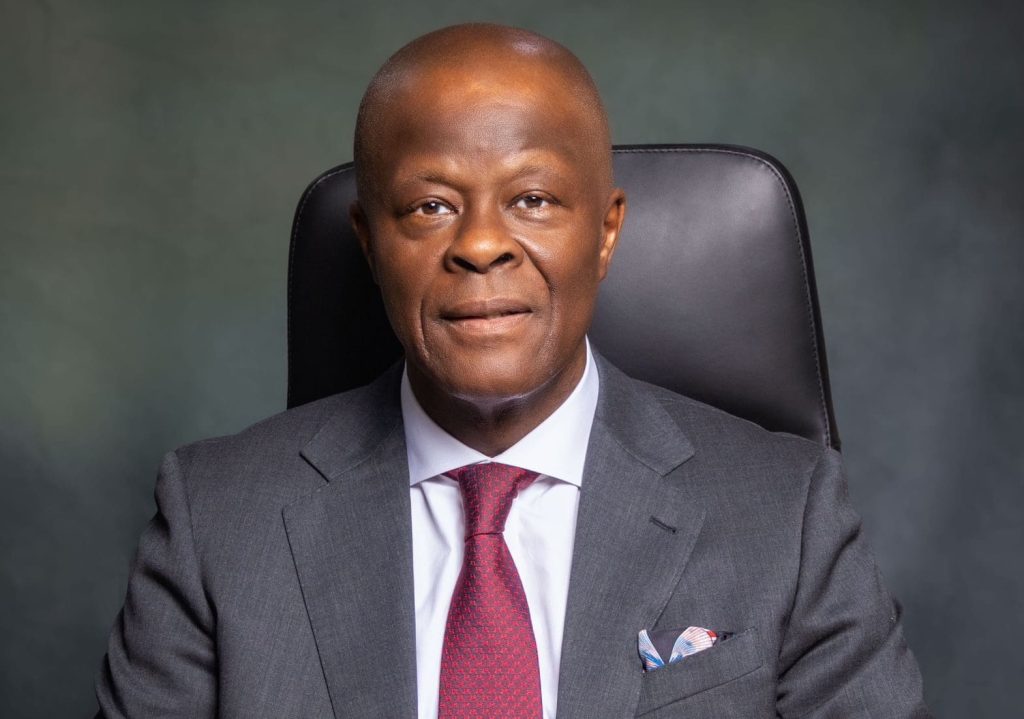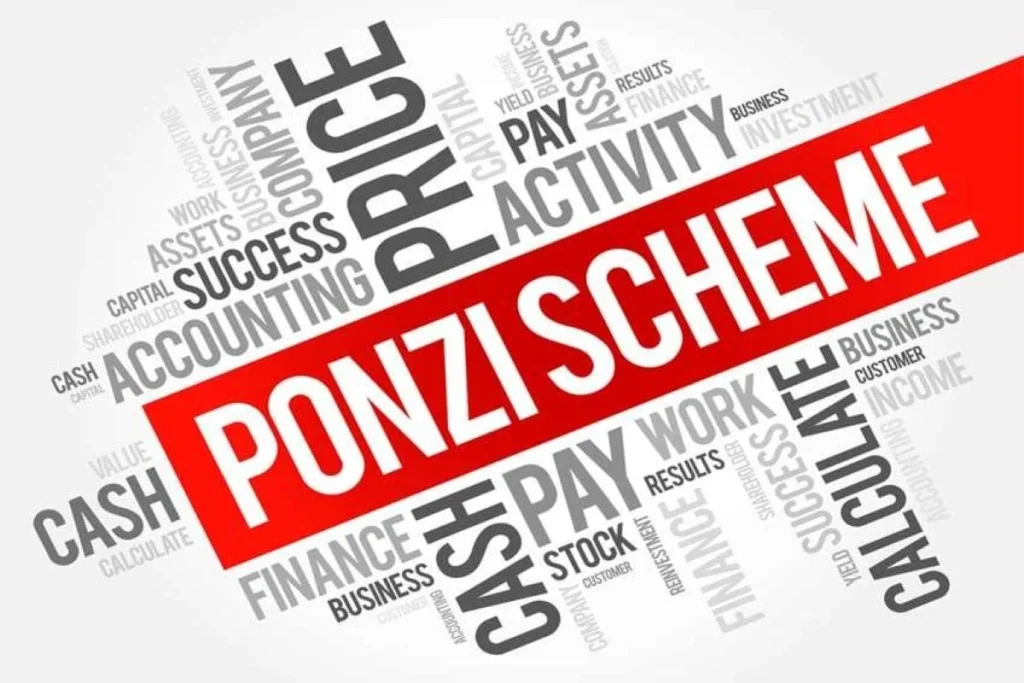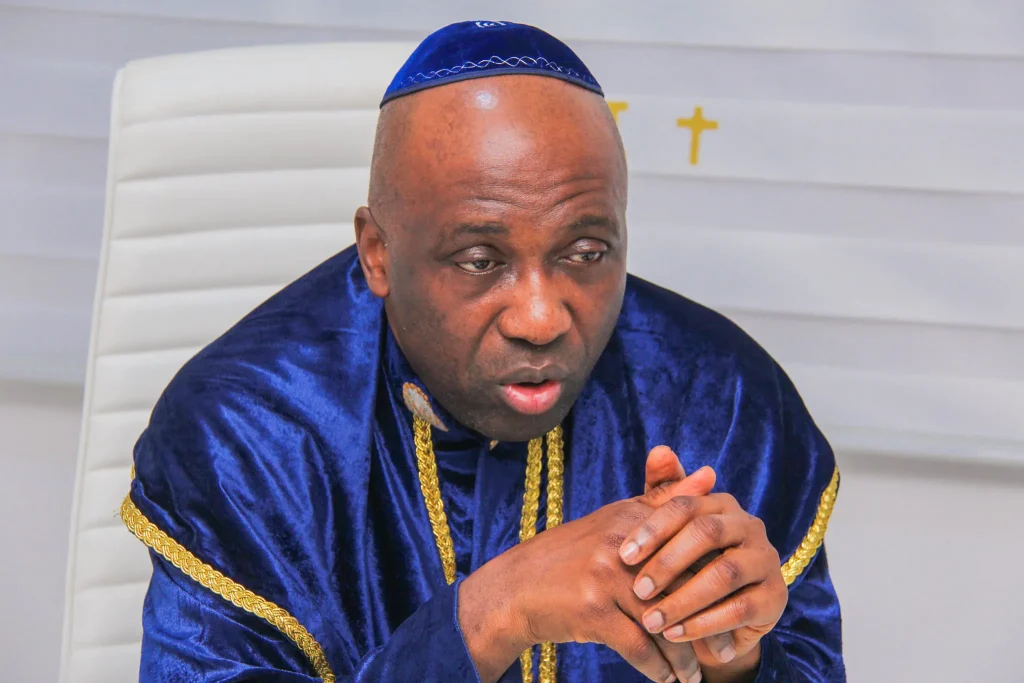Nigeria’s Minister of Finance and Coordinating Minister of the Economy, Wale Edun, has stated that the recent 14 percent tariff imposed by the United States on Nigerian exports is expected to have little impact on the country’s broader economy. He delivered this reassurance at the inaugural Corporate Governance Forum hosted by the Ministry of Finance Incorporated (MOFI) in Abuja, where key government officials, economists, and public-sector executives gathered to discuss economic resilience, enterprise reform, and governance standards.
Edun acknowledged the growing strain caused by escalating global tariff conflicts, yet he emphasized that Nigeria remains comparatively shielded from major disruptions—largely because the tariff does not affect the country’s dominant export commodities: oil and minerals.
Tariff’s Limited Reach on Nigeria’s Export Portfolio
The finance minister downplayed the economic consequences of the new U.S. tariff regime, arguing that the 14 percent levy—though noteworthy—is not overly punitive. He pointed out that other countries like Vietnam and China are facing steeper tariff rates of 46 percent and 34 percent, respectively.
According to Edun, Nigeria exported N5.5 trillion worth of goods to the United States in 2024, of which 92 percent—amounting to N5.08 trillion—was comprised of oil and mineral products. These exports remain unaffected by the newly introduced tariff. The remaining N0.44 trillion in non-oil exports, which are subject to the tariff, are too small in proportion to cause significant economic disruption.
“The tariff effect on exports is negligible if we sustain our oil and minerals export volume,” Edun said, stressing that Nigeria’s core trade advantage with the U.S. remains intact. Still, he acknowledged that the government is actively monitoring the global landscape. “We are going back to the drawing board to look at our budget all over again because we have to see what changes have been made in the assumptions that underlay the production of that budget.”
Shifting Away from Debt: A New Economic Strategy
Edun used the forum to highlight a strategic shift in Nigeria’s economic framework, especially in terms of how the government approaches financing and development. Rather than relying on mounting debt, Nigeria is now focusing on raising revenue through equity-based investments and public-private partnerships (PPPs).
This transition, Edun explained, is designed to strengthen the country’s economic foundations, reduce borrowing pressures, and make better use of private capital and expertise in managing state-owned assets. Notable examples include the Highway Development and Management Initiative, where private sector engagement in the Benin–Asaba highway project has drastically cut travel time from four hours to just one hour.
Edun reiterated that this financing pivot also aligns with the government’s broader goal of economic transparency and sustainability. By inviting private investors into key national projects, the administration seeks to unlock more value from its portfolio of state-owned enterprises.
Governance Reform as a Cornerstone for Economic Growth
A key theme of the Corporate Governance Forum was the urgent need for robust governance structures in state-owned enterprises. Edun emphasized the importance of transparency, accountability, and long-term planning—especially as entities like the Nigerian National Petroleum Company (NNPC) explore potential public listings.
He praised the introduction of the new MOFI Corporate Governance Scorecard, calling it a critical benchmark to ensure that companies adopt best practices and become attractive to private investors.
The Minister of Power, Adebayo Adelabu, echoed this sentiment, saying governance reform is particularly crucial within the power sector. He highlighted ongoing structural changes, including the unbundling of the Transmission Company of Nigeria into the Nigeria Independent System Operator and the Transmission Service Provider. This reform, he explained, is aimed at improving service clarity, transparency, and value creation.
According to Adelabu, Nigeria’s economic complexity and rising public expectations demand more stringent governance practices to align enterprise performance with national developmental goals, such as energy reliability, access expansion, and the transition to cleaner sources.
MOFI’s Role in Institutionalizing Governance Standards
Dr. Shamsuddeen Usman, Chairman of the Board of Directors at MOFI, noted that the forum served as a rare public engagement by the organization to underline its commitment to embedding results-oriented corporate governance in Nigeria’s public sector.
He revealed that MOFI has already implemented key elements of the new governance framework, including clear strategic plans, internal audit systems that report directly to the board, conflict-of-interest policies, whistleblower protection, and risk management procedures.
To ensure objectivity, assessments of corporate governance across MOFI-managed entities will be conducted by third-party evaluators. Interestingly, while individual state-owned enterprises (SOEs) will be eligible for awards based on governance performance, MOFI itself will be evaluated based on the average governance scores across its entire portfolio—an incentive mechanism aimed at driving systemic improvement.
Poor Governance Holding Back Growth Potential
Dr. Armstrong Takang, Managing Director and CEO of MOFI, painted a sobering picture of governance shortcomings across Nigeria’s public enterprises. Out of the 52 companies under MOFI’s management, only 20 have published audited financial statements in the past three years—a reflection of both weak decision-making and a troubling culture of inaction.
Takang emphasized that such failures have serious macroeconomic consequences, hampering investor confidence, slowing enterprise reform, and ultimately derailing Nigeria’s ambition to become a $1 trillion economy in the near future.
He warned that governance challenges are not always caused by wrong decisions but by delayed or avoided decisions that stifle operational momentum and strategic execution.
Takang added that Nigeria is currently at a critical juncture. The U.S. tariffs—while not devastating on their own—serve as a reminder that global conditions can shift rapidly, compelling countries to reassess their domestic structures. “These global shocks provide Nigeria with an opportunity to rethink its governance architecture and reframe the role of state-owned enterprises as investment-grade institutions capable of attracting equity financing,” he said.
Looking Ahead: Leveraging Reforms for Economic Resilience
The broader message from the Corporate Governance Forum was clear: in an era of economic complexity and rising geopolitical tension, good governance and innovative financing models are no longer optional—they are essential.
Nigeria’s proactive stance—downplaying the impact of the U.S. tariffs while doubling down on reform—signals a maturing economic strategy focused on long-term sustainability. The government’s pivot toward equity investments, improved corporate governance, and public-private collaboration could mark a turning point in how the country finances its development and strengthens its economic resilience.
As Nigeria continues to recalibrate in response to global economic headwinds, the success of these governance and financing reforms may ultimately determine whether the country can transition from a resource-dependent economy to a more diversified and resilient one.













